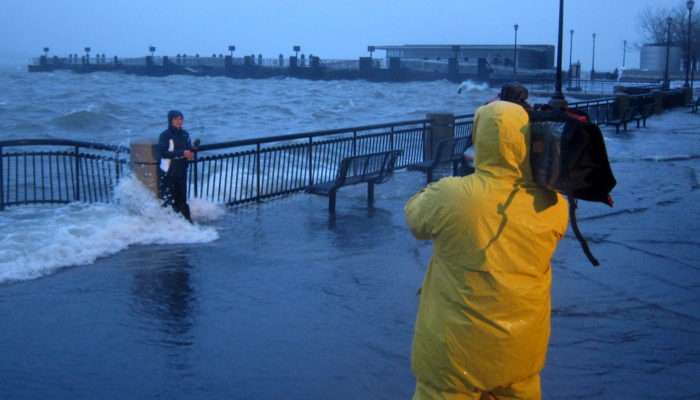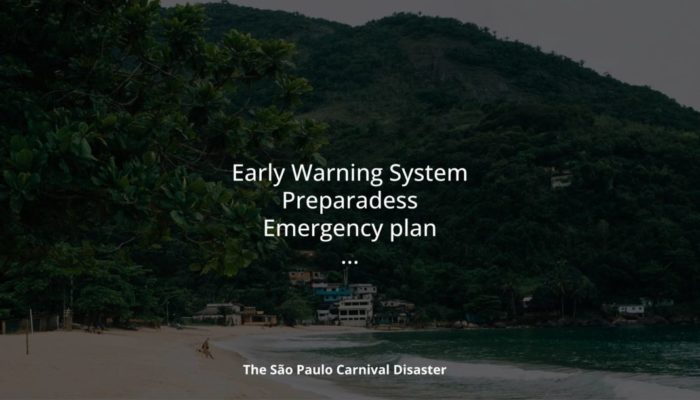In February 2023, Brazil experienced its largest rainfall event on record, which devastated the northern coast of the state of São Paulo. This event caused landslides, floods, and numerous fatalities, making it even more tragic than previous disasters in the region, which already have been elaborated on in another blog post. The situation highlights the urgent need for effective emergency manageme ...[Read More]
The EGU23 bucket list for Natural Hazards Early Career Scientists
The European Geoscience Union (EGU) General Assembly (GA) is a precious occasion to create new connections and receive new stimuli to feed your own research, specifically for those in the early stages of their career. Nevertheless, the occasions for networking and scientific discussion can be so many, that it could be difficult to choose what to attend. As a junior researcher and early career scie ...[Read More]
Connecting the dots: the importance of recognising multi-hazard events in disaster reporting

In the past year, the world has witnessed many severe disasters caused by multiple hazards whose impacts overlapped in time and space. February this year, two severe earthquakes hit Syria and Turkey shortly after each other, followed by two more powerful earthquakes and over a hundred aftershocks in subsequent weeks [1,2]. The disaster caused over 48 thousand fatalities, and many people are still ...[Read More]
New positions to join the Natural Hazards Division team!
Interested in being actively involved in shaping the EGU NH Division activities and organising the annual General Assembly? Are you working in the Natural Hazards field? Then keep reading… we need you! Our Division is seeking: a new Science Officer for the NH10 Multi-Hazards sub-division a new Social Media Coordinator For both positions, the term is fixed for a two-year period with a possible ext ...[Read More]



